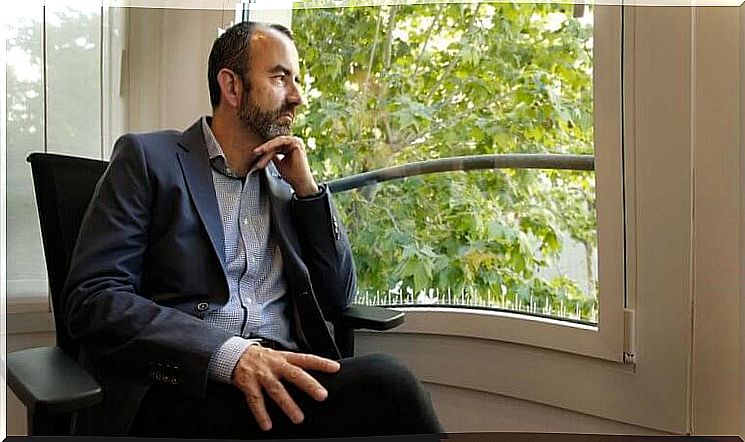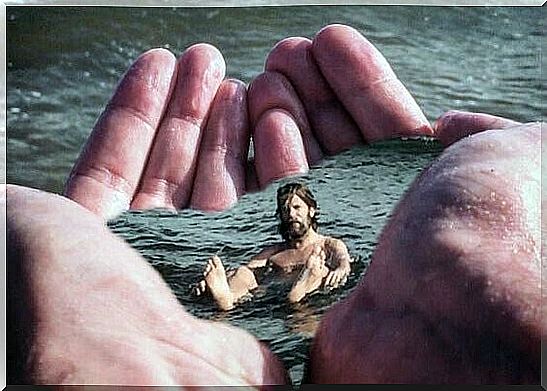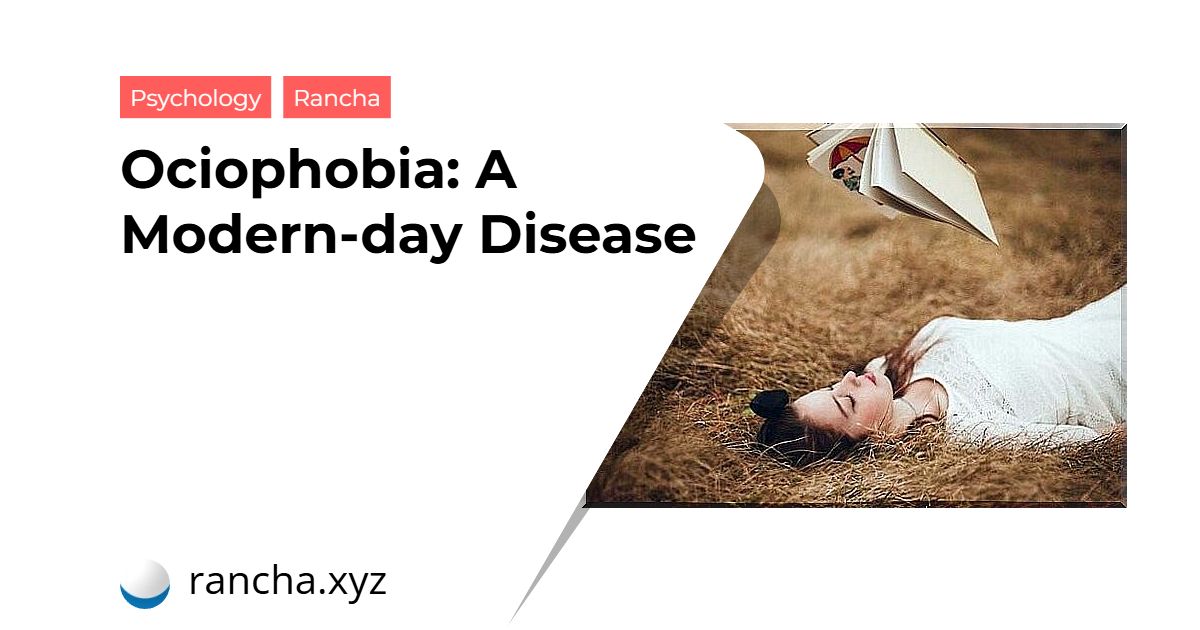The word ociophobia was invented by Rafael Santandreu, a Spanish psychologist. This specialist indicated that with this word he intended to define the fear of not having something to do. It’s one of those contemporary problems that started to gain ground without us realizing it. When people obsessed with work or people who used such activity to escape from the problems they did not want to face began to arrive at the consultations, we began to see the face of this problem.
Apparently there are many people in the world today who start to panic when they find themselves with an empty time. Or a time that is not planned. Or the one where they’ve finished everything they had to do and can only see a long line of minutes that lead, according to those suffering from ociophobia, nowhere.
How is it possible that we got to be afraid of free time? Our parents or our grandparents saw it as a gift. Rest time was leisure time or rest time. In any case, it never aroused aversion. Quite the contrary: it was wanted. What happened?
Ociophobia and boredom
Everything seems to indicate that boredom has taken on the status of a cardinal sin in modern times. Those with ociophobia are also terrified of being bored. This feeling is intolerable for them and literally panics. “Wasting” time by doing nothing is like getting a plague for them.

Rafael Santandreu, photography by Alvaro Monge
People who feel that way despair when they’re not doing something. They see free time as a powerful threat. If we could draw what they feel, we would say that it is as if they have in front of them a huge black hole that threatens to absorb them into an abyss.
In light of the times of leisure, some fantasies that are not very defined also appear. It’s like they have a feeling that something terrible is going to happen. As if the leisure component is something unknown and frightening they don’t want to face.
Symptoms of Ociophobia Sufferers
The most visible symptom of those who suffer from ociophobia is anxiety. This presents itself with all the intensity when they are “unprogrammed”. When they directly confront free time, it also appears before a weekend when there are no plans and is increased before the holidays.
These people are heavily influenced by the ideologies of effectiveness and productivity. They prioritized achievements and accomplishments over happiness. What’s worse is that they measure their success in quantitative, not qualitative terms. You hear them talk about how many tasks they’ve done or how many goals they’ve accomplished. They mention little about the real quality of these achievements.

It is serious that these types of people try to transmit this lifestyle to their children. They are the kind of parents who enroll their children in as many courses as they can. They want them to speak German at age 10 and play the piano perfectly at 13. In one way or another, they also teach children to be anxious. They convey to them the idea that the time they do not devote to producing or learning something is the worst of ogres. Long live idleness! Long live the boredom!
Rafael Santandreu, father of the ociophobia concept, says that we would have to learn to be more bored. There’s nothing wrong with that. There’s nothing terrible about spending an hour staring at the wall and thinking crazy things. Not only is there nothing wrong with this, it is very necessary. It is a piece that fits perfectly into the concept of balance. It’s good to work and be interested in something, but it’s just as good to rest and get bored from time to time.
Santandreu indicates that idle minds are much more productive. It even indicates that “The ideal ratio would be one hour of business and 23 of leisure”. Remember that lions only hunt once a week. And that Cervantes wrote Don Quixote in his leisure time for Castilla. Nothing was left of his work as a tax collector and, on the contrary, the result of his leisure produced a transformation of the universal language and literature that has come down to us today.

It would be good for us to regain the ability to look at the landscape as we walk through the city. It is necessary to slow down, start going slower. It’s better to do a few things with taste than a lot with stress. It’s better to use this short time that is life to love and create than to make reports and keep schedules. It’s not a sin to do nothing. It’s not a curse to get bored. Quite the contrary: all this makes us better.
 rancha.xyz Be free to choose their own route to self-knowledge, health and balance of body and soul.
rancha.xyz Be free to choose their own route to self-knowledge, health and balance of body and soul.




